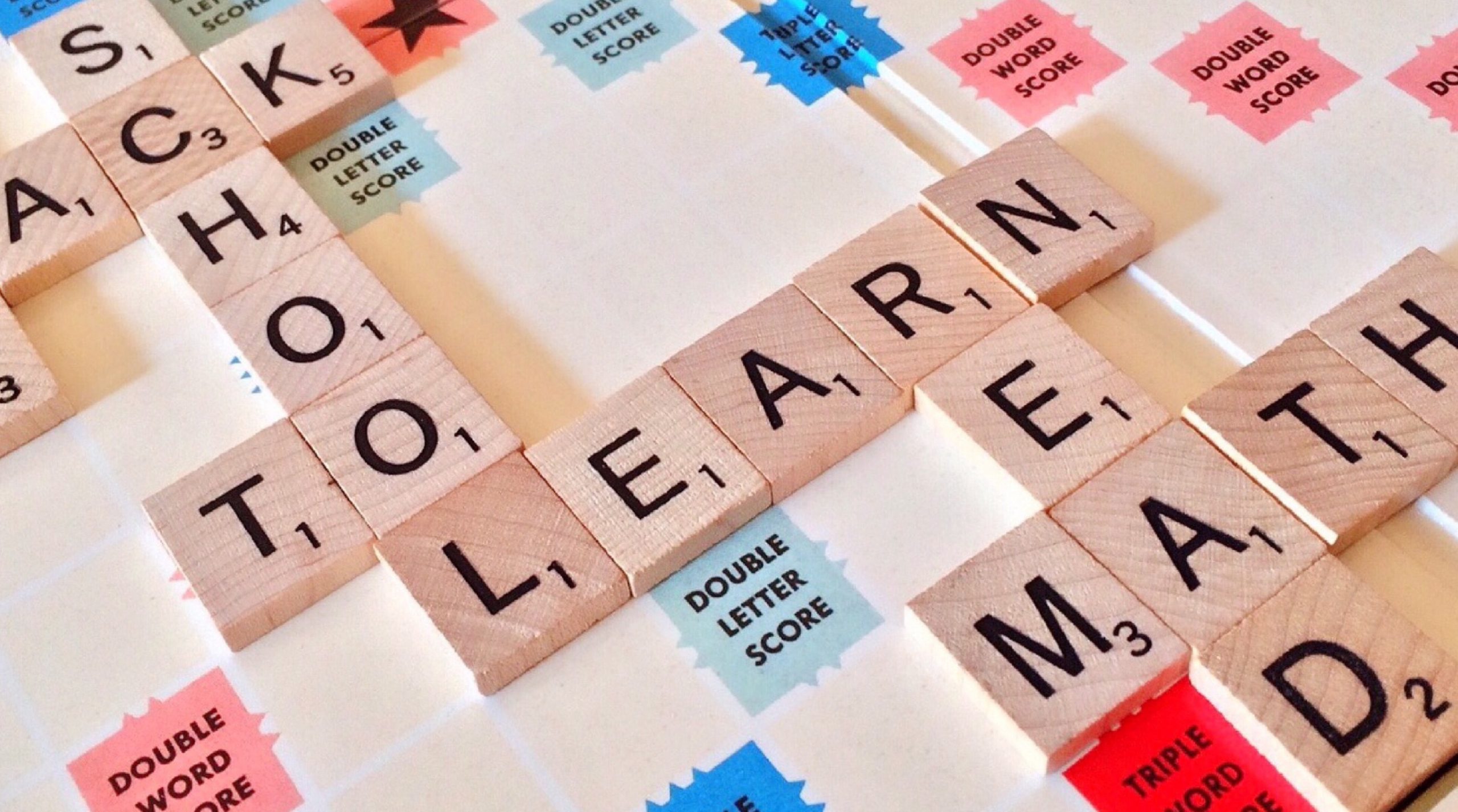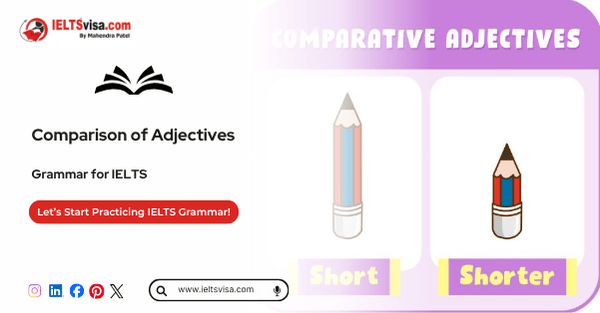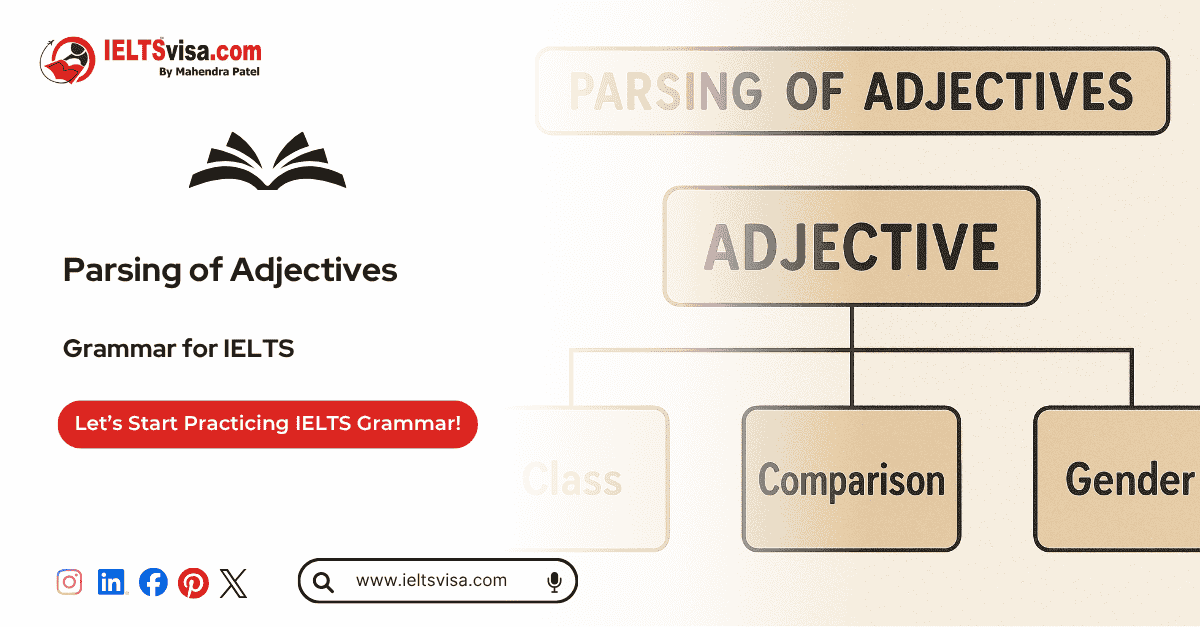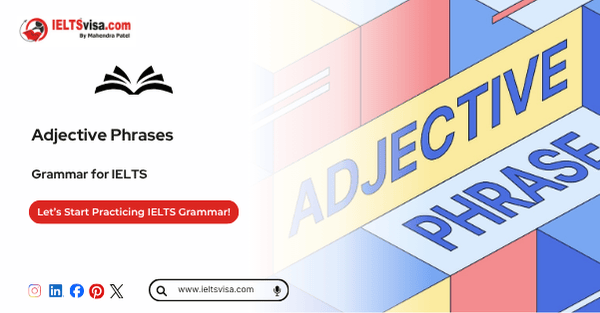Why some IELTS students get lower band scores in Reading?
IELTS Advice
There can be several reasons why some IELTS students get lower band scores in Reading. Here are some common reasons:
- Poor time management: The Reading section of the IELTS test is time-bound, and candidates need to answer 40 questions in 60 minutes. If a candidate spends too much time on a particular question or section, they may not have enough time to answer the remaining questions.
- Lack of reading skills: The Reading section requires candidates to have strong reading skills, including the ability to skim and scan, understand complex vocabulary, and interpret information presented in graphs and charts.
- Incomplete understanding of instructions: Not understanding the instructions, such as failing to follow the word limit or ignoring the question format, can result in lower scores.
- Poor exam strategy: Some candidates may not read the questions carefully or may not prioritize answering the questions that carry more marks. They may also struggle to find relevant information in the given text.
- Inadequate practice: Not practicing enough before the exam can also result in lower scores. Candidates who have not practiced reading English texts regularly may struggle to finish the Reading section within the given time limit.
- Language proficiency: Lower scores in Reading can also be due to inadequate proficiency in the English language, including weak vocabulary, grammar, and comprehension skills.
Study Abroad







Comparative Adjectives
Comparative Adjectives Definition, Forms, Types, Usage, and Examples Comparative adjectives are essential tools in English grammar. They enable us to compare two things, helping us to express the differences or similarities between them. In this guide, we’ll explore...

Parsing of Adjectives
Parsing of Adjectives Parsing adjectives is a way of analyzing and breaking down adjectives in a sentence to understand their role, form, and function. It helps learners identify the type of adjective, its agreement with the noun it describes, and its position in the...

Adjective Phrase
Adjective Phrase Definition, Forms, Types, Usage, and Examples Adjectives are words that describe nouns and pronouns, helping to make our sentences more vivid and clear. But sometimes, a single adjective isn’t enough. That’s where adjective phrases come in—they expand...








